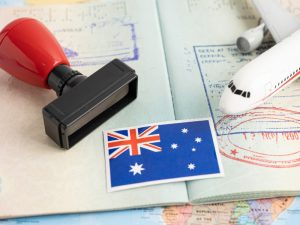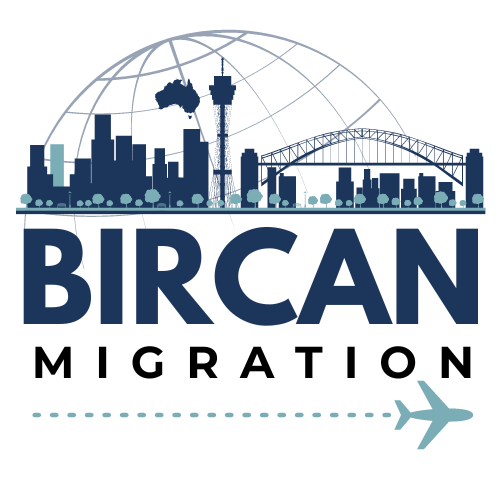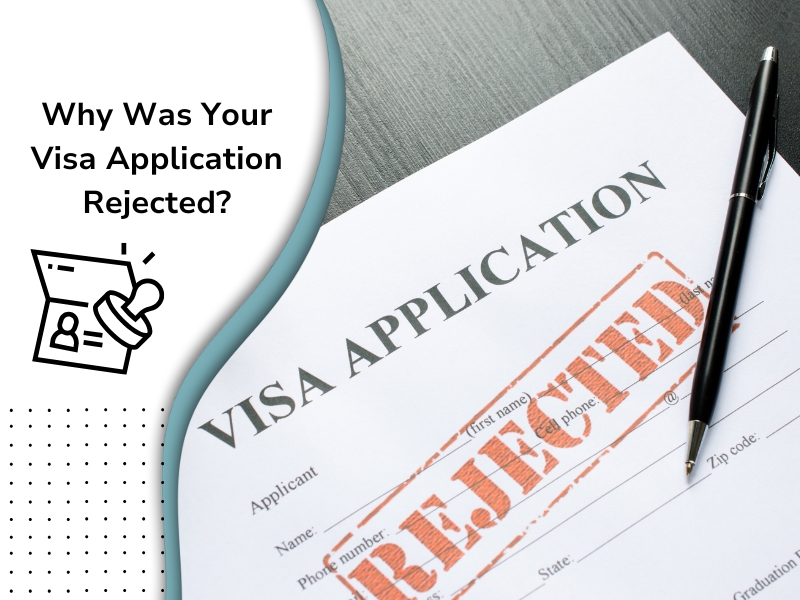Applying for a visa to migrate to Australia can be an exciting yet complex process. Whether you’re applying for a student visa, partner visa, or skilled visa, it’s crucial to ensure everything is in order. A rejected visa application can be disheartening, but understanding why it happened can help you avoid common mistakes in the future. This article tackles the reasons why visa applications are rejected and shows how you can improve your chances of success.
What are common reasons for visa application rejection?
Visa rejections can happen for several reasons, and understanding these common issues can help you identify where your application went wrong. Missing or incomplete documentation is a frequent cause, as is failing to meet specific visa subclass eligibility requirements. Health or character concerns, such as medical conditions or criminal records, can also lead to refusal. Providing incorrect or misleading information or applying for the wrong visa subclass can also result in rejection.
How does incomplete documentation affect your visa approval?
Submitting incomplete documentation is a common mistake that can cause delays or lead to visa rejection. Here’s how it impacts approval:
- Missing personal identification: Failure to submit essential documents like your passport, national ID, or birth certificate can halt the process.
- Unverified financial documents: If your financial records are incomplete or missing proof of funds, immigration authorities may question your ability to support yourself.
- Missing medical or police certificates: Certain visas require medical or police certificates; their absence can delay or reject your application.
- Incorrectly filled forms: Errors or missing information on your forms can lead to delays or rejection.
Could your visa application have been rejected due to eligibility issues?
Each visa category has specific eligibility requirements that you must meet, or your application will be refused. Common eligibility issues include:
- Age limits: Some visas, like skilled migration visas, have age restrictions. If you are over the required age, your application may be rejected.
- Lack of relevant qualifications: Many work or study visas require specific degrees or qualifications. If yours don’t match, you could be denied.
- Insufficient work experience: Skilled migration visas often require a certain level of expertise. If your job history doesn’t meet this, your application could be refused.
- Failure to meet English proficiency: Many visa types require applicants to demonstrate their proficiency in English through tests like the International English Language Testing System. If your score is too low, your application may be rejected.

What role does your health or character assessment play in visa rejection?
Health and character assessments are crucial aspects of the visa application process. If you fail to meet the required health or character standards, your visa could be denied:
- Health requirements: If you have a medical condition that could put a strain on the Australian healthcare system or require ongoing treatment, it could lead to a rejection.
- Character requirements: Your application may be rejected if you have a criminal record or are involved in activities that breach Australian laws.
- Failure to submit medical or police checks: Some visa categories require medical or police checks. Failing to provide the necessary documentation could delay or result in the rejection of your application.
Could your visa application be rejected due to incorrect information?
Providing incorrect or misleading information can lead to serious consequences. Immigration authorities rely on accuracy, and discrepancies could result in visa refusal. Here are examples:
- Incorrect personal details: Even small mistakes, like entering the wrong birthdate or passport number, can cause delays or lead to the rejection of your visa.
- False documentation: Submitting forged documents, such as altered financial statements or counterfeit job offers, is a serious offence and will result in an automatic visa refusal.
- Misleading statements: Providing false or misleading information about your financial situation, employment status, or intentions can lead to your application being denied.
Why is the visa type you applied for unsuited to your situation?
Another reason for visa rejection is applying for the wrong visa. Selecting the correct visa based on qualifications and goals is crucial. Here’s why choosing the wrong visa might result in rejection:
- Misaligned visa subclass: Applying for a visa that doesn’t match your intended purpose, such as a visitor visa instead of a student visa, can lead to refusal.
- Wrong visa for your occupation or qualifications: Visa authorities reject applications when qualifications don’t meet visa requirements.
- Strict eligibility criteria: Applying for a visa with high eligibility requirements you don’t meet can result in rejection.

How can you appeal a rejected visa application?
If your visa application is rejected, it’s not the end of the road. You can appeal the decision through the Administrative Appeals Tribunal (AAT). Here’s how the AAT visa appeal process works:
- Understand the reason for rejection: First, review the AAT’s detailed explanation of why your application was rejected.
- Submit an appeal within the timeframe: Appeals usually have a limited deadline (often 21 days), so act quickly to avoid missing it.
- Provide additional evidence: If the rejection was due to an error or missing information, submit new supporting documents to strengthen your case.
Can a migration consultant help you avoid a visa application rejection?
A migration consultant can be instrumental in preventing visa rejections. Here’s how they can help:
- Visa eligibility assessment: A migration consultant can assess your eligibility and help you apply for the most suitable visa based on your qualifications and circumstances.
- Documentation assistance: Consultants can help you gather the correct documents and submit them accurately to avoid delays or rejections.
- Avoiding common mistakes: With their expertise, consultants can help you avoid mistakes like incorrect information or missing documents.
- Appeal support: If your application is rejected, an expert migration consultant can help you appeal to the AAT, boosting your chances of success.
Seek expert guidance for your visa application
A visa rejection can be frustrating, but with proper guidance, you can increase your chances of future success. By understanding common refusal reasons and addressing issues in your application, you can improve your chances of approval.
Working with a professional migration consultant, like Bircan Migration, can ensure that your visa application is handled correctly and efficiently. With over 20 years of experience, Bircan Migration offers personalised guidance through the visa application process and AAT appeals, helping you avoid costly mistakes and navigate Australia’s complex immigration system. If you’re unsure about your visa eligibility or need assistance with your application, Contact Bircan Migration today for a free consultation and receive expert advice to increase your chances of a successful visa application.


